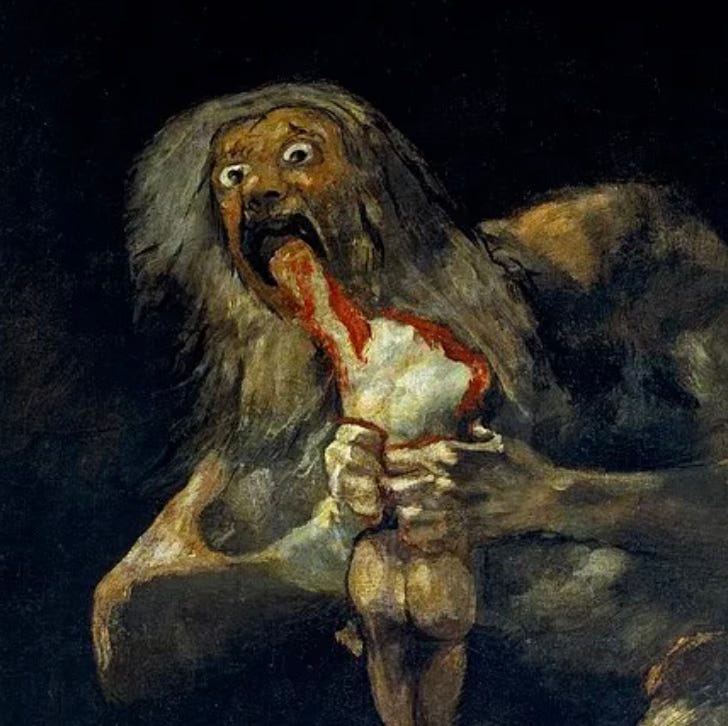A Brief History of the Dissident
Introduction to my upcoming book
This is the Introduction for my upcoming book, Memoirs of an American Dissident. Unlike a traditional introduction, which explains the purpose of the book, or a traditional preface, which describes how the book was developed, this essay explores the origin of its central theme, only briefly touching on its purpose at the very end.
Although the word dissident is itself quite modern, people have been telling stories about the dissident in one form or another for as long as we’ve been telling stories. When the first civilizations emerged more than 5,000 years ago along the fertile floodplains of ancient Iraq, Egypt, India, and Peru, these cultures introduced the oldest stories we know. Among them were the earliest myths and legends, including tales of those who dissented from established authority, often risking their own destruction for the good of humanity.
In some, the dissenters were immortals who defied the tyranny of godly rule. In the Babylonian poem Enuma Elish, dated to the 9th century BC, the storm god Marduk defeats the elder goddess of the primordial waters that raged in the chaos of creation. Two centuries later in his Theogony, the Greek poet Hesiod retold this war of revolution between the old gods and the new. Only this time, the storm god Zeus casts the ancient Titans into the abyss. Cronus, the father of Zeus, had been a demonic ruler, devouring his own children to prevent them from usurping his power. You may have seen Francisco Goya’s ghoulish depiction of Cronus clutching one of his adult offspring in his colossal hands, chewing an arm off the headless corpse, his eyes wild in the blackness, a haunting symbol of Goya’s fear of insanity that he had painted directly onto the walls of his country home outside Madrid.
In other stories, the dissenters were mortals such as the Sumerian hero Gilgamesh, who rejects the goddess of love and slays the Bull of Heaven. Or half-mortals of royal blood yet humble upbringing, who challenged not a divine kingdom but an earthly one. In the poetry of Hesiod, think of Perseus. The son of Zeus, he was sealed in a wooden chest with his mother and tossed into the sea by her husband, the king of Argos, only to survive and later rescue an Ethiopian princess by turning a sea beast to stone with the head of Medusa. Or think of Rama from the Ramayana, written in the 6th century BC by the Indian poet Valmiki. The human avatar of Vishnu, Rama rescues his wife by killing the demon king Ravana with 31 arrows. At other times, the hero was a commoner who became king by defeating a mortal tyrant. David, the youngest son of a shepherd from Bethlehem, kills Goliath in single combat and is anointed king while still tending his father’s flock.
Gilgamesh, Perseus, Rama, David. These are the greatest heroes of some of our oldest cultures. We can take comfort that early people celebrated the Davids and not the Goliaths. But though each of these figures opposed the despotism of a governing power, we don’t consider any of them dissidents because a dissident doesn’t fight tyranny with thunderbolts like Marduk or Zeus. They do not swing the harpe sword of Perseus or draw the celestial bow of Rama. Nor do they carry a sling and a stone like the young shepherd David. The dissident’s weapon of choice is the blunt force of truth. And if truth be the arrow, speech be the bow.



